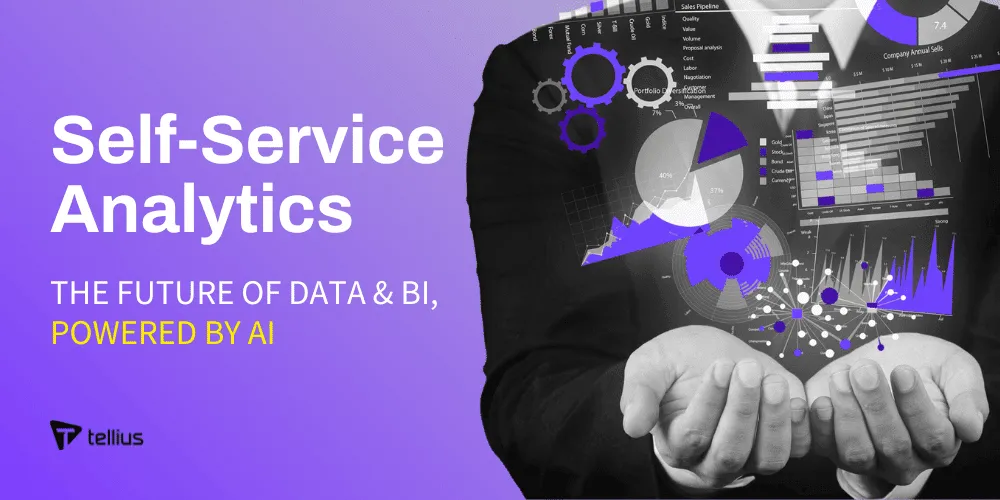Unveiling the Future of Self Service Analytics: A Dive into the Realm of AI and ML

In the fast-evolving landscape of data analytics, businesses are increasingly turning to self-service analytics to empower their teams with the ability to derive insights independently. This paradigm shift is not only reshaping how organizations approach data but is also laying the groundwork for a future where analytics is more intuitive, efficient, and powerful. The Rise of Self-Service Analytics: Empowering the Data-Driven Enterprise Self-service analytics has emerged as a game-changer, democratizing data access and analysis. Traditional models often required data scientists or IT specialists to interpret and generate reports, creating a bottleneck in the decision-making process. With the advent of self-service analytics, business users can navigate through data, create reports, and extract meaningful insights without a deep technical background. At the heart of this revolution is the concept of empowering individuals within an organization to become citizen data scientists. By prov...




